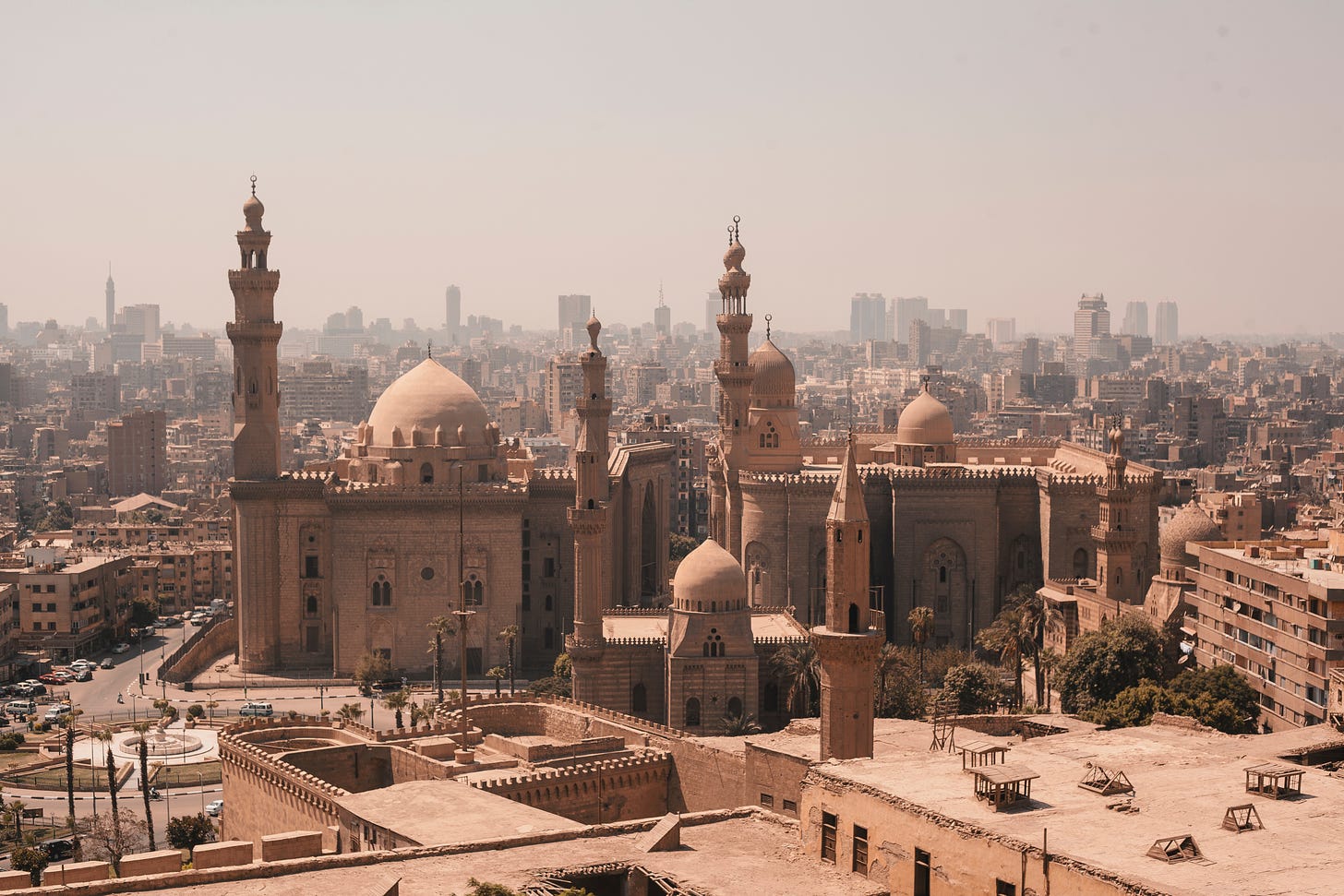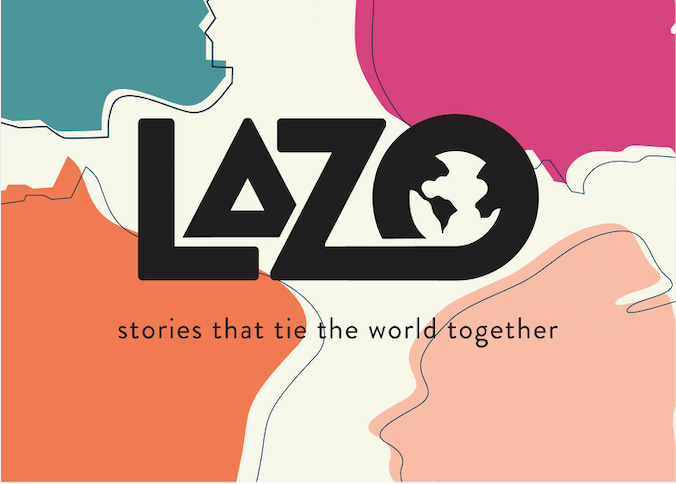Well, 3.5 years after the initial outbreak of the pandemic, it’s finally happened. I tested positive for COVID-19.
I was, perhaps naively, somewhat shocked by the results. I had gone on a long bike ride with friends on Friday night. The evening air was cool, and I was underdressed for the weather. I drank cold beers outdoors and then cycled home late at night. When I woke up with a bit of a sore throat on Saturday morning, I didn’t think anything of it. It seemed like the natural result of sudden and unseasonably cool temperatures and my flagrant disregard for them.
As I prepared to go to Congress on Tuesday morning, however, I noticed that I was still sniffling. It occurred to me that three days is a long time for such a mild cold to linger. I decided to take a rapid COVID test out of an abundance of caution, never for a moment believing I had contracted a virus that I had managed to dodge all these years.
But the results were immediate and unambiguous. A deep red line appeared instantaneously on my test strip, and I realized I wasn’t going to Congress after all.
Mercifully, I’m not feeling very sick. My symptoms are so minor that they wouldn’t have prevented me from going to work if it was, in fact, just a cold.
I’ve been working pretty much nonstop from my home office this week. It’s as if I’ve been transported back to 2020, a year in which everything was normal, except I couldn’t leave the house.
During the week, I looked into U.S. military assistance to Egypt. You can read that story in the section below.
But I also had a long conversation with Amr Magdi, a senior researcher for Human Rights Watch, who described at length the human rights violations that Egyptian President Abdel Fattah el-Sisi’s regime is committing.
Most of the interview didn’t fit into my article, so I transcribed some of the most interesting parts below. The picture he paints is bleak and shocking. I hope you’ll take the time to read it. His comments have been lightly edited for length and clarity.
Amr Magdi:
Egypt has always been ruled by autocratic governments, with a very brief democratic experiment between 2011 and 2013. That ended very quickly with the military coup that the current president orchestrated.
There have always been serious human rights concerns in the country. But at least during [Former President Hosni] Mubarak's time, especially the last maybe ten years of his tenure, there were considerable margins for basic freedoms.
Mubarak’s government allowed some considerable margins for free speech, peaceful assembly, and freedom of association. There was a very dynamic civil society, civic space, and a lot of quite strong organizations tackling different issues, human rights issues. Almost all international media were operating in the country without much fear of being harassed by security forces. So it was really different back then.
A person who worked in the press or a human rights organization, or a political activist in a political party could always make, more or less, an easy calculation of what action would bring what kind of repression or reprisal.
So I knew if I went to a protest, I might be arrested for a few days or a couple of weeks maximum. If I write an article, I might be fired from a job, but that’s it. So you could make some kind of rationalization.
Under Sisi, this equation doesn't exist. He came to power on the heels of the worst and largest mass killings in Egypt's history and maybe in the history of the world when it comes to governments killing protesters. There were over 1,000 people killed in almost 12 hours.
The nature of the human rights crisis that the government of el-Sisi has led in Egypt is really different. And I would say is actually closer to a fascist regime than an autocratic regime.
I don't really believe that many countries in this world have gone to so many lengths in trying to subdue their own population through violence, arrests, killings, and intimidation of all sorts and kinds.
When the government can’t silence someone living abroad, they go after their family in Egypt. We have documented this in several reports over the last five years.
The government has shown no hesitation to use violence and inflict violence on the civilian population in various forms.
When Sisi came to power, he had considerable popularity. That was because of the failures of the Muslim Brotherhood, the economic situation back then, and the instability and political upheaval that was continuous for almost three years. People were quite tired. And they were, I would say, quite worried about the future. They just wanted some stability.
However, his popularity really started to decline very quickly, I would say from 2017 or 2018.
But he is still failing to acknowledge any single mistake. And he talks profusely. He gives a lot of speeches. He speaks almost every week. He has never said that maybe his government made a mistake or failed to understand something.
He always blames a universal conspiracy against his rule. Every criticism comes from evil people; that's the term he always uses to describe his critics. And, of course, every kind of criticism is part of the terrorist plot against the country or part of whatever Muslim Brotherhood agenda, and so on.
He is effectively equating peaceful criticism and peaceful opposition with terrorism and some unlawful or underground conspiracy.
He has actually said a couple of times that God talks to him and God brought him to power.
He fits a type of sociopathic character. And that's really a problem because those people really believe deep in themselves that they are doing right. It's not like they are faking it; they are actually convinced, totally 100% convinced, that they are doing everything right.
Just two days ago, he said it's okay for people to die from famine, from hunger if that's the price for development. He compared the country to China and the great Chinese famine in the 1960s, when millions died from failed economic policies and famine.
In his vision of development, it's okay for people not to afford food and drink, and he is really refusing to take accountability for his failed economic policies.
The country is heading to the so-called presidential elections, where Sisi, of course, will win a third term.
And I expect soon after this election, they will amend the Constitution to allow him to run for president indefinitely.
What I’m writing:
• I spoke to Matt Duss, a former foreign policy adviser for Senator Bernie Sanders, about his vision for a progressive foreign policy, what the left thinks about Ukraine, and a host of other issues. This interview is unlocked and free to read.
• Stunning allegations of corruption and influence peddling could finally force Washington to cut back on its weapons sales to one of the world’s most brutal regimes: Egypt. This story is unlocked and free to read.
My weekly news blurbs:
What I’m reading:

• An early Saturday morning attack on Israel by Hamas militants from Gaza left around 70 Israelis dead and hundreds wounded, NPR reports. A Gaza health official said nearly 200 Palestinians, mostly militants, were killed, and more than 1,600 Palestinians were wounded in Israel's retaliatory strikes.
• After senators voted Saturday to fund the U.S. government just hours shy of a shutdown, they shifted their focus to a priority that had been notably left out of the stopgap legislation: funding for Ukraine, my colleague Savannah Behrmann reports. But with the historic ousting of former House Speaker Kevin McCarthy on Tuesday—and growing resistance against additional Ukraine aid within the House GOP—senators are wary that the disarray in the lower chamber could have global implications as the prospect of additional aid may hinge on who takes the gavel.
• The Guardian has a long read on the alternative postal system that’s sprung up around the Balkans to bring goods quickly and efficiently between areas without diplomatic relations or common infrastructure.
• Russia withdrew most of its Black Sea Fleet from its main base in Sevastopol in occupied Crimea, a possible sign that Ukrainian attacks have taken their toll, the Wall Street Journal reports.
• Russian President Vladimir Putin chose Andrei Troshev, a retired Russian colonel and a former commander of the Wagner group, to lead the paramilitary organization, the Hill reports. However, social media channels associated with Wagner suggest that some fighters would back former leader Yevgeny Prigozhin’s son instead.
• The United Kingdom is considering moving its training and production activities into Ukraine, Defense Secretary Grant Shapps said. His comments come as BAE Systems, the U.K.’s largest defense firm, announced it would be manufacturing in Ukraine. Politico Europe has the story.
• Over 100,000 ethnic Armenians have left Nagorno-Karabakh, Reuters reports.
• The European Parliament adopted a resolution condemning Azerbaijan and the EU’s handling of the Nagorno-Karabakh crisis. The resolution calls the events “ethnic cleansing.”
• U.S. and European Union officials secretly met with Russian counterparts on Sep. 17 in Turkey to pressure Azerbaijan to end its blockade of Nagorno-Karabakh and allow aid convoys to enter from Armenia, Politico Europe reports. The effort ultimately failed.
• Azerbaijan and Turkey broke ground on the construction of a long-planned gas pipeline linking Turkey's gas grid to the Azerbaijani exclave of Nakhchivan, EurasiaNet reports.
• Russia signed an agreement with the breakaway Georgian region of Abkhazia for a permanent naval base on its Black Sea coast, said Aslan Bzhania, the self-styled president of Abkhazia. Reuters has the story.
• In Georgia, the government is targeting a youth group named after Benjamin Franklin. The Franklin Club is a non-governmental organization dedicated to promoting free markets, the rule of law, and individual liberty. The government says it’s bent on fomenting a Western-backed revolution. EurasiaNet has the story.
• After the Constitutional Court declared a pro-Russian opposition party unconstitutional in June, Moldova’s parliament moved to stop its former members from running in local elections for other parties or as independent candidates, Reuters reports.
• Campaigners are painting this month’s election in Poland as an apocalyptic existential battle for Poland’s soul, but the likeliest outcome is a chaotic stalemate, Politico Europe reports. The country is so divided and dysfunctional after eight years of populist rule that it will be difficult to change much — no matter who wins.
• The populist pro-Russia party of former Prime Minister Robert Fico won Slovakia’s parliamentary elections, the BBC reports.
• In an unlikely move for a party founded on an anti-banker platform, Greece’s main opposition party, Syriza, elected former Goldman Sachs trader Stefanos Kasselakis as its new leader, Politico Europe reports.
• European Union member states reached a historic migration deal that aims to distribute migrants more equitably across the bloc, the Guardian reports.
• Turkish airstrikes targeted the separatist Kurdistan Workers’ Party in northern Iraq, the New York Times reports. The strikes came hours after the rebel organization claimed a suicide bombing that targeted the national police headquarters and wounded two police officers in the Turkish capital.
• Journalists across India are raising questions about press freedom and their ability to work without the “threat of reprisal” after police raided the offices and homes of journalists working for NewsClick, an independent digital news outlet in the Indian capital, TIME reports.
• A coalition of Tuareg rebels in northern Mali, known as Coordination of Azawad Movements, seized its fourth military base from the Malian army, Reuters reports.
You can write to me for any reason: c.maza@protonmail.com








